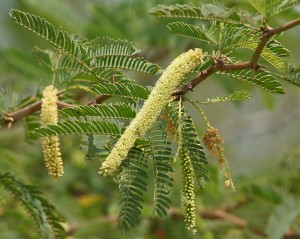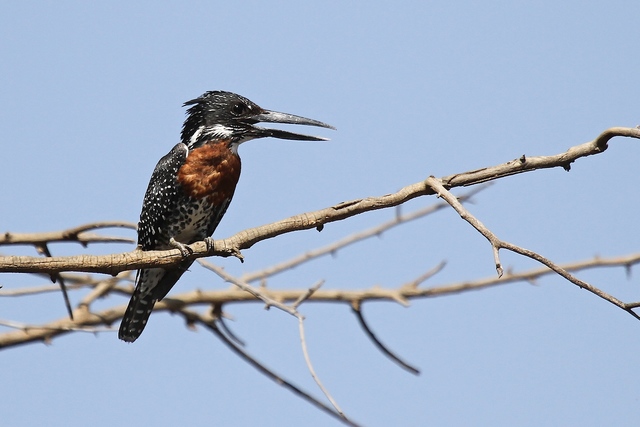 A weed plant known as Vilayati Babul or mesquite (Prosopis juliflora) in Delhi ridge area was always a problem. Any attempt to remove it was always a failure as the plant would grow back again, covering the entire area. Now a team of scientists from UK and Delhi have found the real reason behind its survival skills and also why some other plants perish.
A weed plant known as Vilayati Babul or mesquite (Prosopis juliflora) in Delhi ridge area was always a problem. Any attempt to remove it was always a failure as the plant would grow back again, covering the entire area. Now a team of scientists from UK and Delhi have found the real reason behind its survival skills and also why some other plants perish.
Maharaj Pandit, head, department of environment, Delhi University, Michael Pocock from the University of Bristol and William Kunin from the University of Leeds, studied the DNA structure within the cell of the plant and found out that it is the number and the pairing of the chromosome that actually decide whether a plant will remain hardy or die out.
“We now have a genetic model that is more robust than what was available,” Pandit said.
They found that, plants with a higher number of identical sets of chromosomes – known as the ploidy – in their cells and a higher chromosome count are likelier to be invasive than others in their sub-family – known as genus – with low ploidy and chromosome numbers, the researchers found.
However the researchers point out that the theory holds true only for plants of the same genus and two plants of two different subfamilies cannot be compared.
They found that Mesquite and another plant known as Khejri (Prosopis cineraria) growing in the state of Rajasthan belonged to the same genus or sub-family. When the DNA of both these plants were compared it was found that mesquite had more number of chromosomes as well as more number of identical pair of chromosomes than Khejri plant.
The result was that while mesquite had to be weeded out and grew wildly, khejri was a very rare species.
The research strongly links a plants survival skills to its evolutionary DNA makeup and therefore it can have strong implications in many ways. A weed, like mesquite that is growing out of control can be identified and differentiated from a plant that has lower number of chromosomes and therefore not that hardy.
In India unfortunately the chromosomal composition of more than 50 percent of plants is not known. If the genetic makeup of each plant is found out it will help in understanding which plant will be endangered, which will need to be conserved and which will be invasive and survive well.
The research definitely provides answers but also opens a challenging task for the environmentalists.
– Atula Gupta
Related Stories:
Rare Pickle Mango Variety on Path of Resurrection
87 Year Old Create Man made Forest in India




One thought on “Delhi Weed’s DNA Provides Answers to a Plant’s Survival Skills”